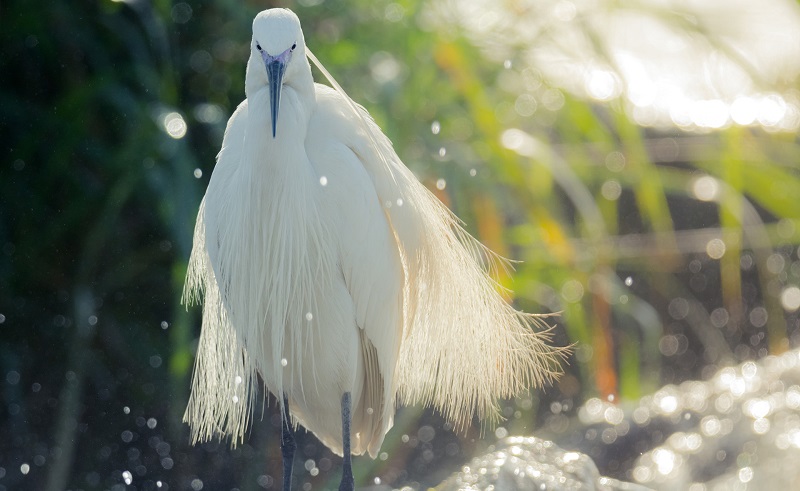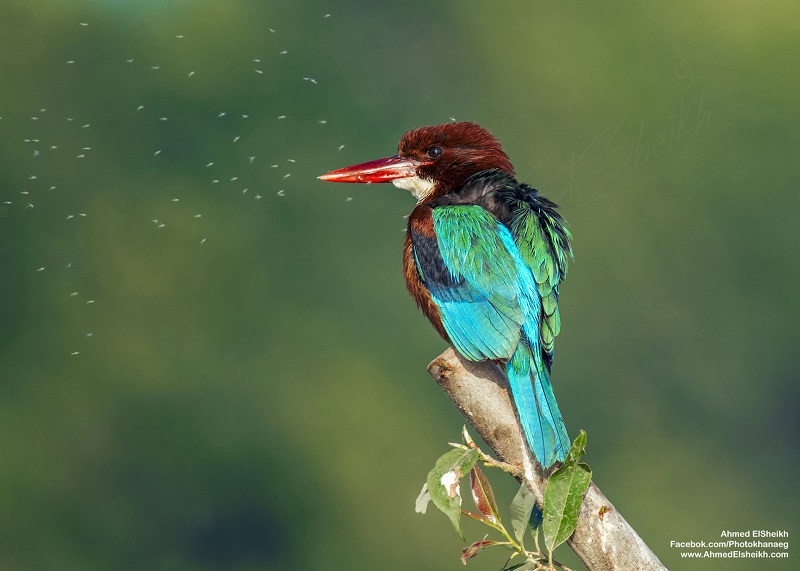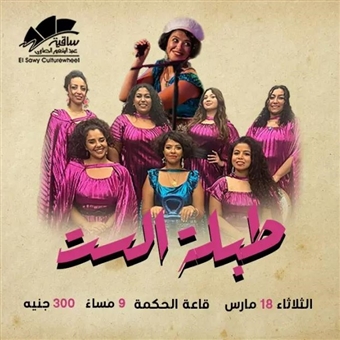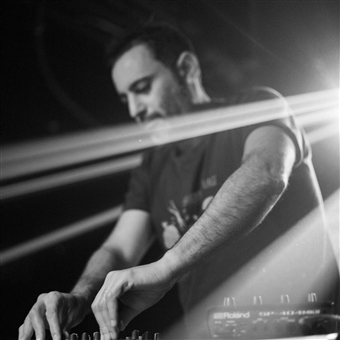Meet the Wildlife Documentary Filmmaker Capturing Birds in Egypt for the First Time Ever
Coming on the heels of BBC's mind-blowing season 2 of Planet Earth, Birds of Egypt is an ambitious and never-before-attempted project that aims to capture the day-to-day lives of different bird species that populate our skies.

Egypt, with its half-desert terrain, is not exactly lush with wildlife, right? Wrong. The only reason we're not exposed to the diverse and surprisingly colourful flora and fauna of our country is because we haven't gone out to look. At least that's what business-developer-turned-photographer-and-filmmaker Ahmed Elsheikh believes and this is what he plans to show us through his photos and documentaries, starting with his upcoming limited documentary series about Egyptian birds.

Coming on the heels of BBC's mind-blowing season 2 of Planet Earth, Birds of Egypt is an ambitious and never-before-attempted project that aims to capture the day-to-day lives of a variety of birds that apparently populate our skies.

"We have around 489 different bird species in Egypt!" Elsheikh exclaims. "For example, we have the common kingfisher, named so because they actually are very common, contrary to what most Egyptians think about birds, and about Egyptian wildlife in general. The common kingfisher exists pretty much anywhere where there's a body of water; near seas, or rivers, or even canals. Then you have the white-feathered kingfisher, which has a different set of feather colours. I could go on telling you about literally 489 species, but that's what I hopefully intend to do in the series."

Elsheikh got inspired to take on the challenge of creating this series when he realised that there actually is a large audience for this genre film, as evidenced by the popularity of BBC's Planet Earth, and no one has ever attempted to properly document wildlife in Egypt. "There is no good quality content in Egypt. Even in Dr. Mostafa Mahmoud's Al Ilm wal Iman (Science and Faith), which is considered one of the few Egyptian shows to explore wildlife, they used to employ footage imported from foreign programs," he explains. "Did you know that there are tourists who come to Egypt specifically for bird watching? One of the things I hope to achieve with this series is to help tourism flower by locally raising awareness on issues such as protecting our wildlife and making it more safe and accessible for foreigners to come visit and explore."
He goes on to say that one of the biggest challenges he faces when shooting is the difficulty in obtaining permits that allow for street or wildlife photography. He says that there are no laws banning phone photography, and certainly nothing preventing apps like Google Maps from collecting their footage, but there are a lot of bans on using a camera in the street. According to Elsheikh, the Ministry of Environment has been putting so much effort in trying to raise environmental awareness, but he also says they should be making it easier for artists and filmmakers to go out there and do their jobs, if not financially, then at least make obtaining permits easier, and by providing the production supplies that are needed to create such content, which, he says, are very costly. "I have basically been doing everything on my own with no outside support whatsoever, except for the occasional well-wisher, but, nevertheless, the audience response has been great. Sometimes I set up a live Facebook feed while shooting, and viewer ratings are great!"

To him, the process of gathering wildlife footage is very enjoyable and is in itself a great adventure. "Chasing the birds, hiding to shoot without being noticed, asking the locals where I can find this or that species; it's all such a fun and exciting process that I'd continue to do even without public support. It's sort of like hunting but without the killing," he enthuses. "I never release the names of the places where I film to the public, though, because there is a lot of illegal hunting going on here in Egypt. I understand if someone hunts birds or animals to feed, or for some other practical purpose, but what most of these hunters do is just for show or for trophy-collecting. Did you know that every single owl eats up to 1000 rodents in its feeding territory? Hunt down and kill just a few of these owls and you can imagine the amount or rodents you'll have on your hands."

According to Elsheikh, Birds of Egypt tries to capture everything in this realm of wildlife in Egypt in a highly-detailed artistic style, which he says he specifically focuses on to counter the lack of other elements, like a film crew or high-tech supplies in the production. "I'm confident I will receive the support I need from the viewers and from the government, and hopefully open the doors for future generations of filmmakers to explore this greatly untapped area, and to build upon what I have created."



For further discussion and support, connect with Ahmed Elsheikh on his website
Photos courtesy of Ahmed Elsheikh































